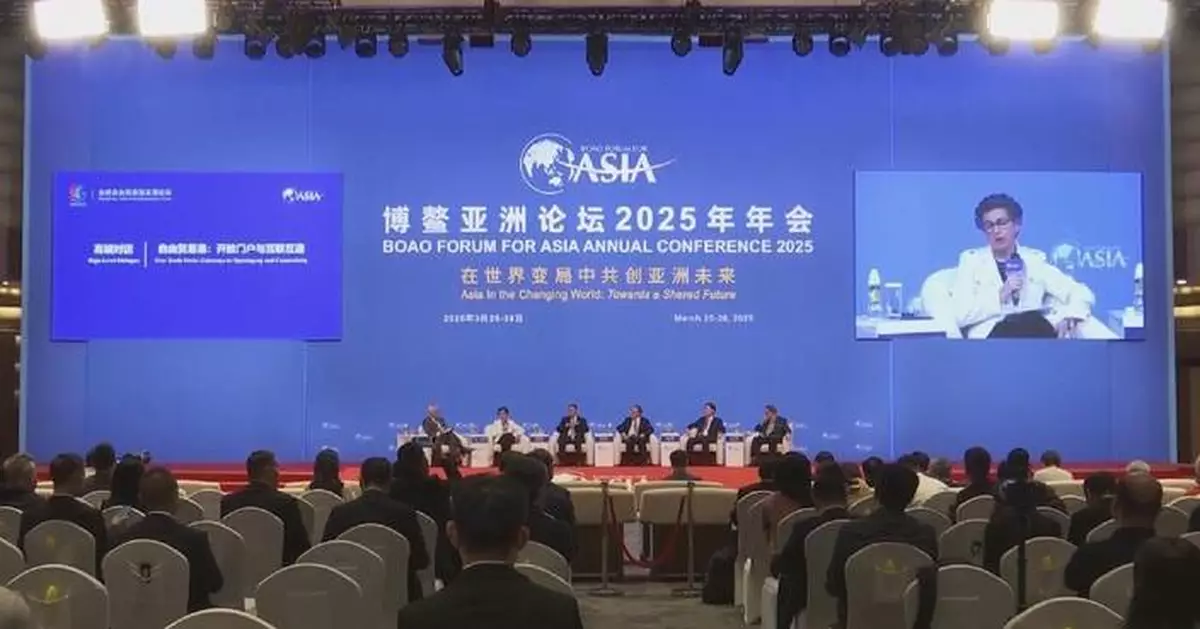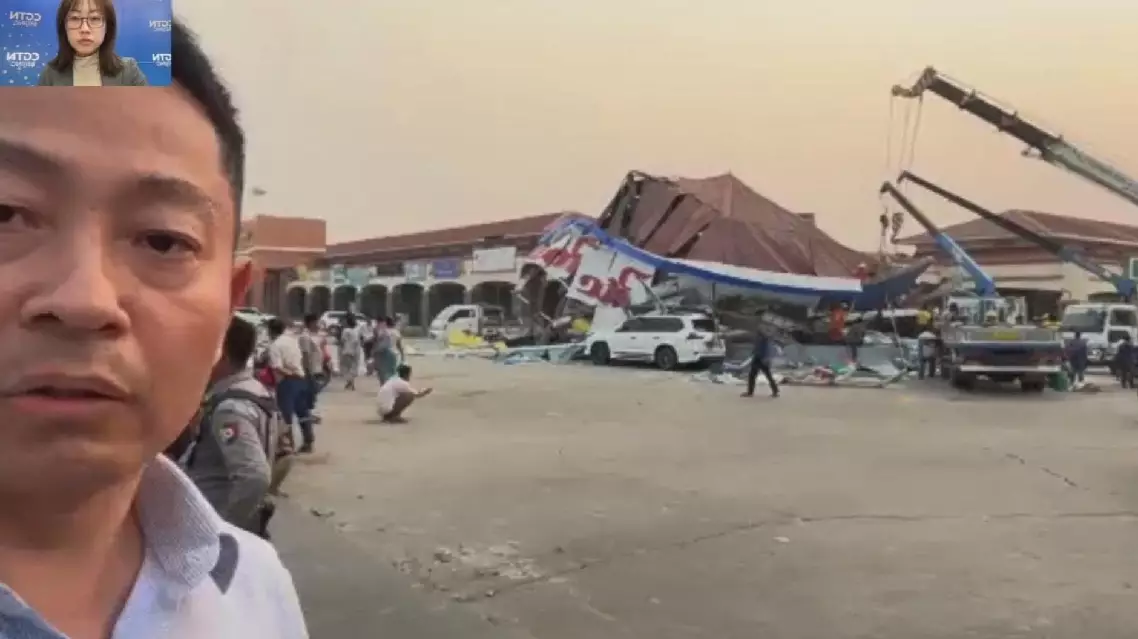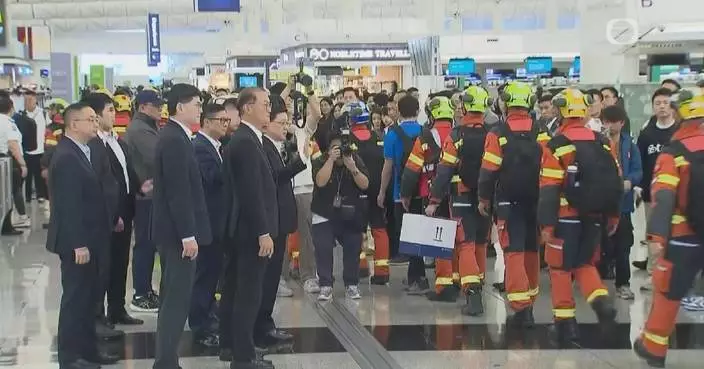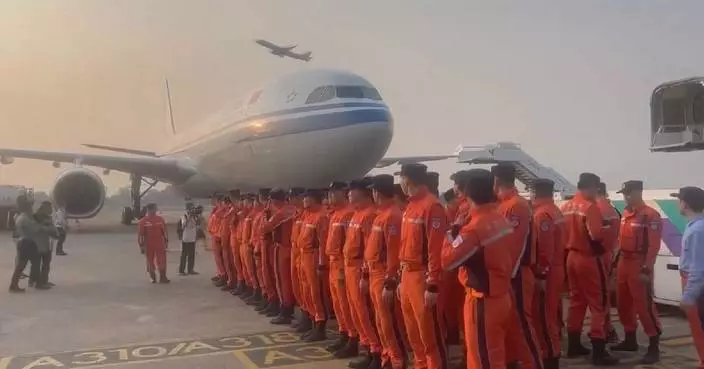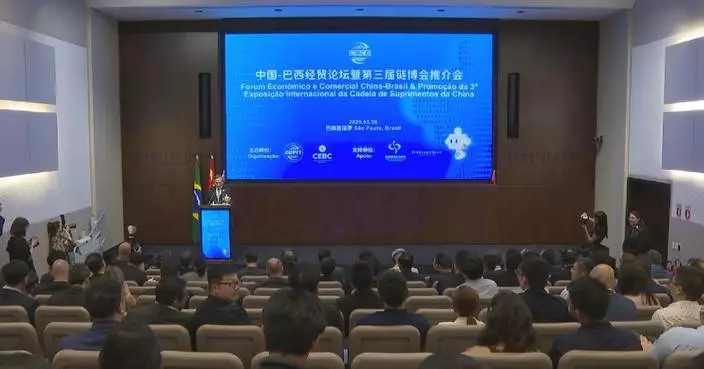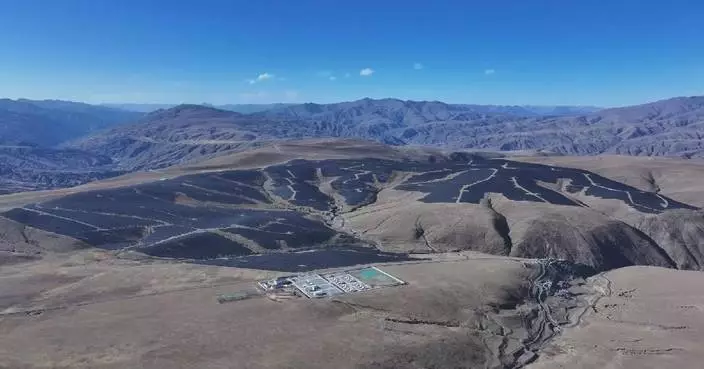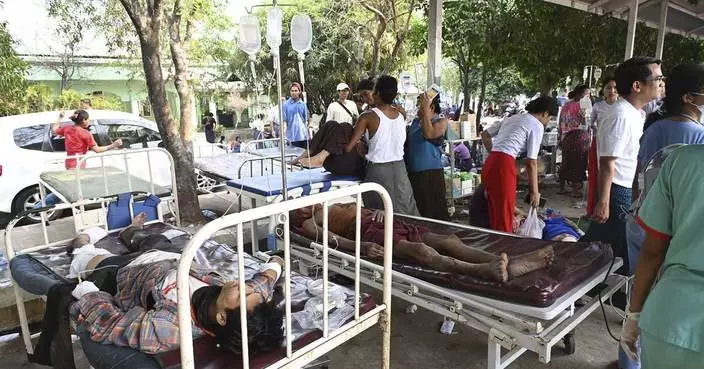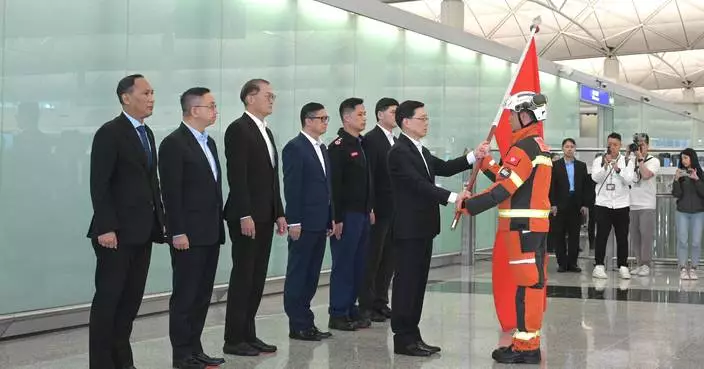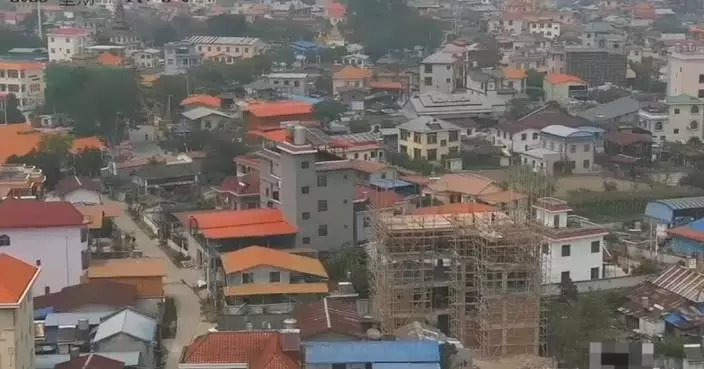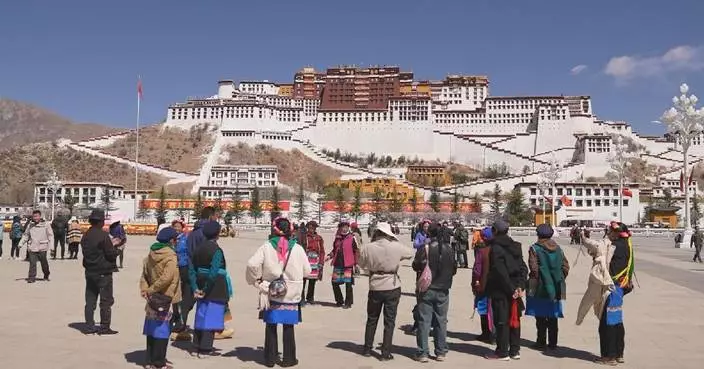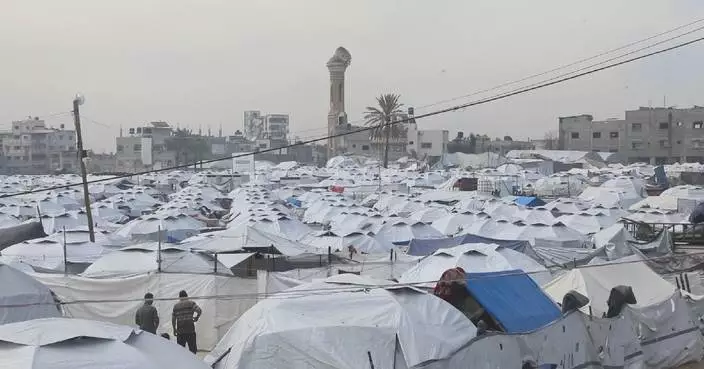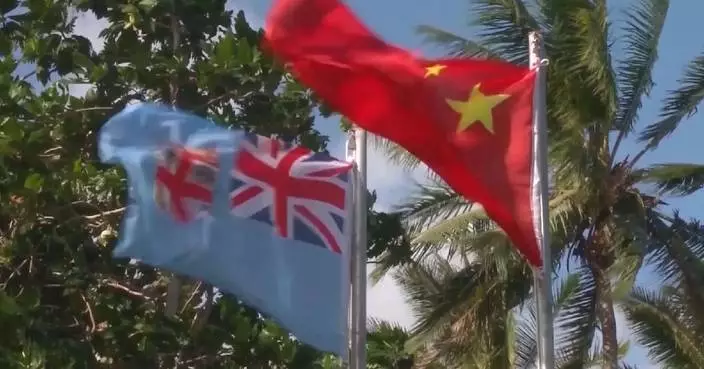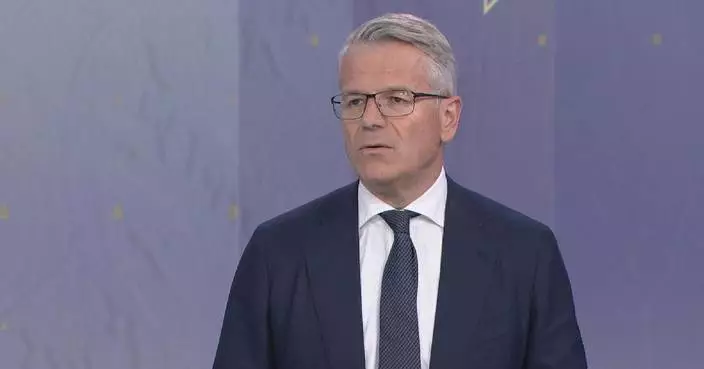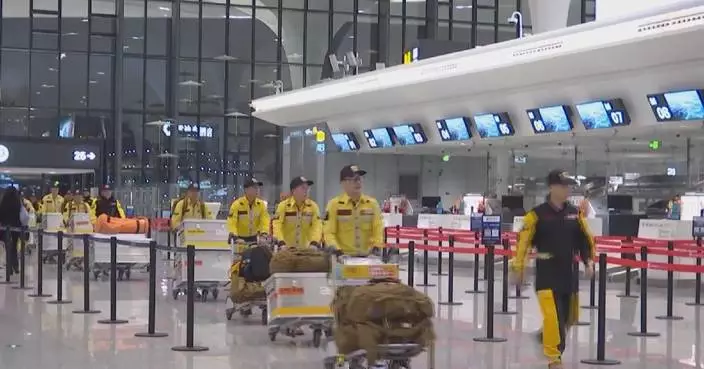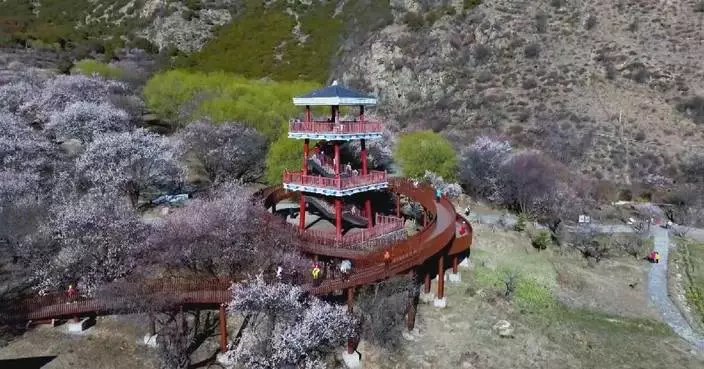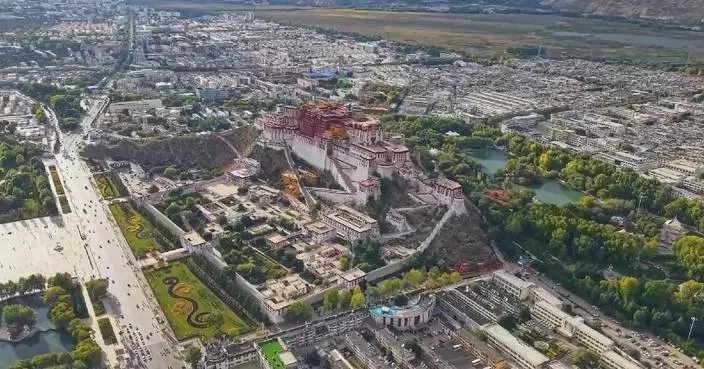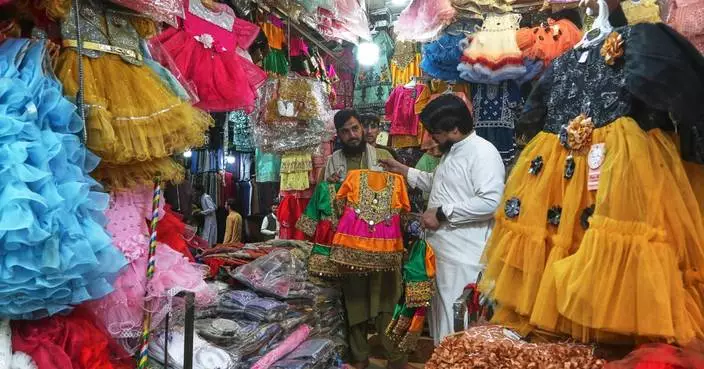Representatives from 11 free trade zones and ports from China and abroad gathered in Boao of south China's Hainan Province on Tuesday to share insights on what role free trade ports and zones can play in enhancing global trade exchanges and cooperation.
Under the theme of "Free Trade Ports Empowering Global Economic and Trade Cooperation," the first Global Free Trade Port Development Forum invited guests to exchange free trade experiences and pool wisdom from the Boao Forum for Asia (BFA) to the construction and development of global free trade ports.
Guests from over ten countries, including China, the United Kingdom, Italy, the United Arab Emirates and Singapore, as well as China's Hong Kong Special Administrative Region, shed lights on the evolving trends in global free trade.
They explored cooperation between free trade zones and ports, and offered advice on how to leverage them to promote international trade and investment. They also discussed how to serve the independent customs operations of the Hainan Free Trade Port and facilitating Hainan to cooperate with other free trade zones and ports.
"Hong Kong, Macao, and Hainan are all free trade ports of China. How can we generate a synergy effect? For Hainan, Hong Kong and Macao, it is in line with national needs and their own development," said Leong Vai Tac, member of the Council of Advisors of Boao Forum for Asia and chairman of the Macao Committee for Guangdong-Hong Kong-Macao Greater Bay Area.
As Hainan is intensifying efforts to build itself into a free trade port, aiming to establish independent customs operations by the end of 2025, the participants believed it's crucial for the tropical province to make full use of the Boao Forum for Asia as a platform, sending a strong message globally about strengthening exchanges and cooperation with other free trade zones and ports, and fostering dialog with global free trade partners.
"As a key project in China, the Hainan Free Trade Port must integrate with the global market. In the financial sector, Hainan is facing tremendous opportunities," said Pei Sai Fan, former founding director of the MAS Academy of Singapore.
To date, the Hainan Free Trade Port has expanded its ties with 38 free trade zones and ports, engaging in cooperation covering investment and trade, industrial integration, technological innovation, the digital economy, and green development.
By 2024, Hainan had attracted investment from nearly 150 countries and regions, with more than 100 multinational corporations setting up regional headquarters. Additionally, 77 of Fortune 500 companies have established operations in Hainan.
"We have made a deep-rooted presence in Hainan as we see its development potential. At the same time, we see that what Hainan has brought to the global economy, China's economy, and especially the Asian economy are confidence boosting," said Wang Zhengliang, chairman of Liqing Zhidong (Shanxi) Automotive Technology Group Co., Ltd., a door-to-door maintenance platform in the commercial vehicle aftermarket.
"We understand that you have links with many parts of the world and many agreements already with some countries. Probably there's also the possibility to do more, right, given the ambition of Hainan and the region. So, we believe it will be a very successful journey," said Anne-Laure Kiechel, founder and CEO of Global Sovereign Advisory, an independent company that advises governments on all their strategic, economic and financial issues.
The BFA Annual Conference 2025, scheduled for March 25 to 28 in Boao, is themed "Asia in the Changing World: Towards a Shared Future." Focused on development, it fosters dialog, explores innovative formats and values tangible outcomes.
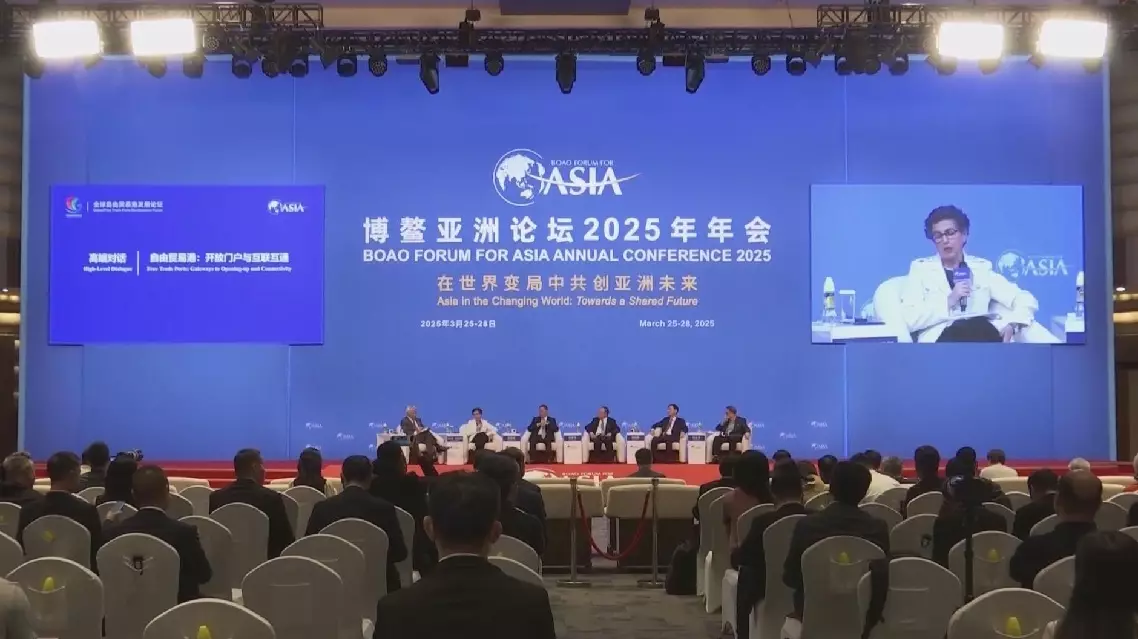
Experts gather at Boao Forum to discuss free trade ports' role in enhancing global trade cooperation


